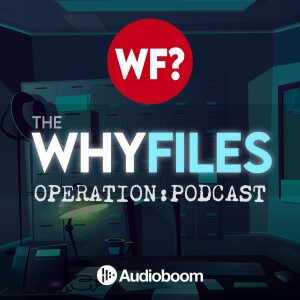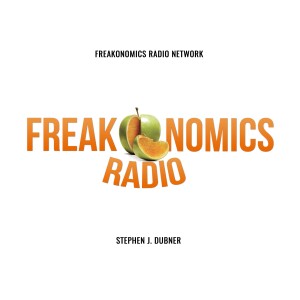

In this episode, hosts Austin Hadley (food distribution expert and content creator) and Dylan Stone-Miller (startup veteran) dive deep into America's broken food system, exploring how $218 billion in annual food waste is driving up prices for consumers while small producers struggle to access grocery shelf space dominated by large suppliers. The conversation moves from historical context through current challenges to actionable solutions, culminating in their proposal for Commonwealth Grocers—an innovative tech-driven platform that reimagines grocery shopping through collective purchasing power. This community-owned model would convert membership fees into stock ownership for shoppers, workers, and producers alike, creating a pathway toward greater food system resilience and local economic empowerment.
Notes
Podcast Introduction and Structure
- Launched the first episode of the Commonwealth Revolution podcast focused on food system reform.
- Outlined episode structure: historical context, current food system issues, and proposed solutions.
- Introduced hosts: Austin Hadley (food distribution experience, TikTok presence) and Dylan Stone-Miller (CTO, startup background).
Historical Context of Food Systems
- Traced human food systems from nomadic tribes to the agricultural and industrial revolutions.
- Discussed how control over food shifted from communal/traditional to industrial/corporate hands.
- Highlighted the loss of community ownership and rise of profit-driven motives in food distribution.
Problems with the Current Food System
- Explained how food waste ($218 billion/year) is built into grocery pricing and paid by consumers.
- Detailed inefficiencies in grocery logistics: labor, utilities, real estate, and supplier contracts.
- Described the competitive, pay-to-play nature of grocery shelf space and barriers for small producers.
Supplier and Distributor Challenges
- Austin shared insights as a distributor for a major company, highlighting the difficulty for small producers to compete.
- Described how large suppliers dominate contracts and shelf space, incentivizing lower food quality.
- Emphasized that both distributors and store employees remain economically vulnerable despite the system's scale.
Collective Buying Power and Co-op Model
- Discussed the viral response to Austin's TikTok video on collective food buying.
- Explored the concept of pooling community buying power to access wholesale prices and reduce waste.
- Identified logistical and buying power challenges in scaling co-op models to compete with major chains.
Proposed Solution: Commonwealth Grocers Platform
- Dylan presented the tech-driven solution: an online platform for collective grocery shopping and fulfillment centers.
- Explained the process: online ordering, pooled purchases, fulfillment centers, and efficient pickup.
- Emphasized community ownership: membership fees convert to stock, distributing equity among shoppers, workers, and producers.
Business Model, Impact, and Roadmap
- Outlined the business model: $20/month membership, 7% markup over wholesale, community-owned structure.
- Shared growth roadmap: build demand via signups, launch in high-demand cities, expand to more locations.
- Discussed KPIs: money saved, ownership value, producer earnings, environmental impact, and community resilience.
Vision, Motivation, and Call to Action
- Austin shared personal motivation: creating a fair, community-owned food system as AI and automation rise.
- Highlighted the need for collective action beyond protestsbuilding new systems for economic empowerment.
- Called for signups, referrals, and community engagement to make the vision a reality.
More Episodes
All Episodes>>Create Your Podcast In Minutes
- Full-featured podcast site
- Unlimited storage and bandwidth
- Comprehensive podcast stats
- Distribute to Apple Podcasts, Spotify, and more
- Make money with your podcast












